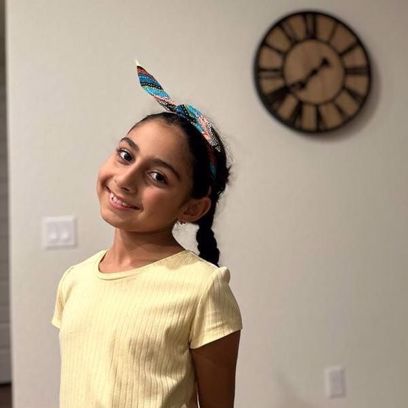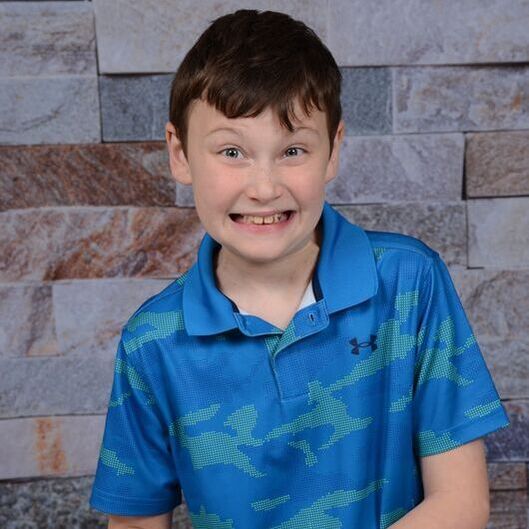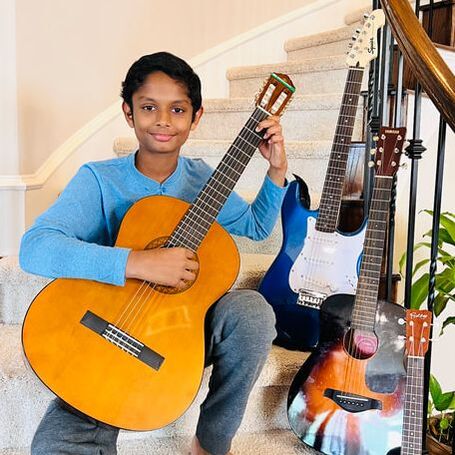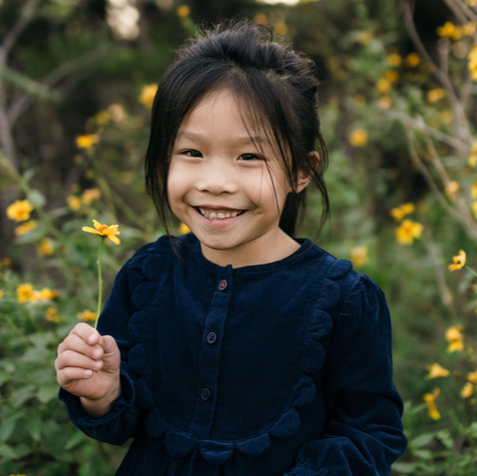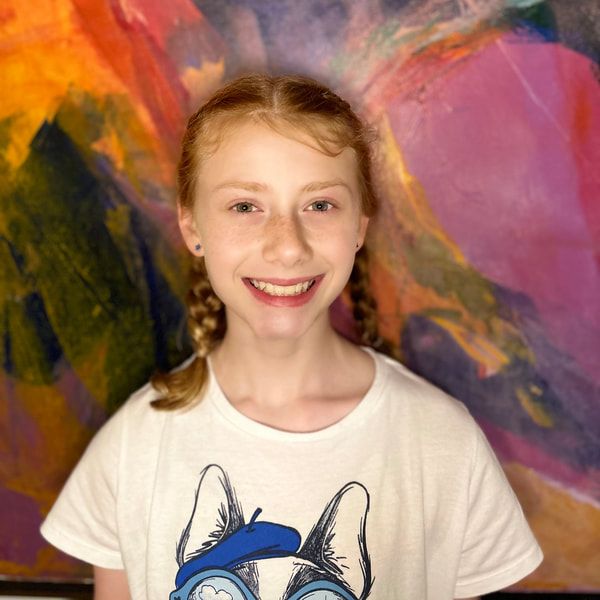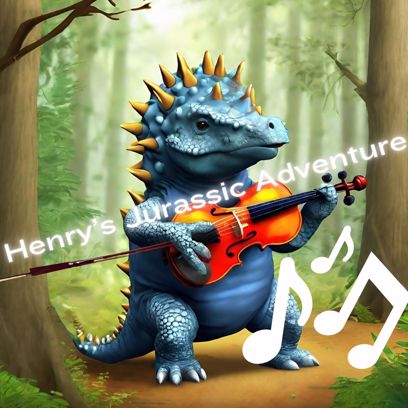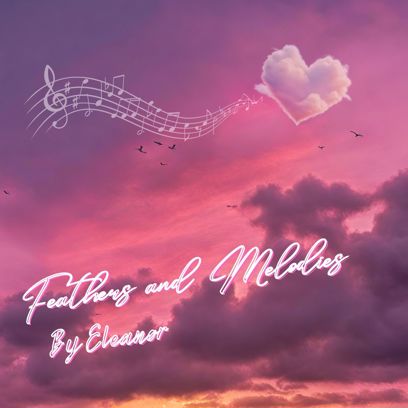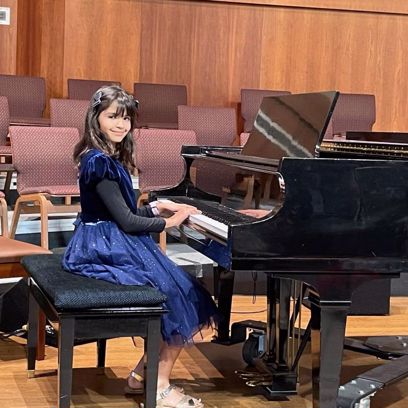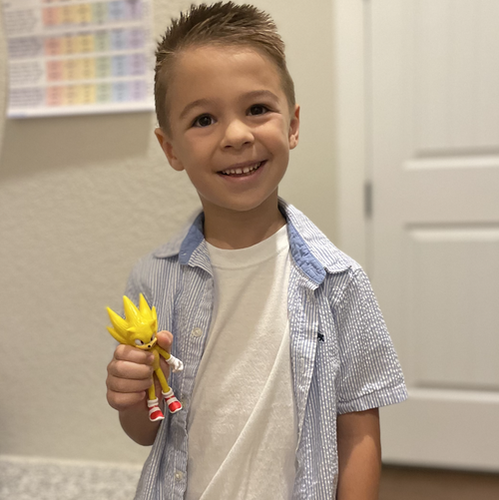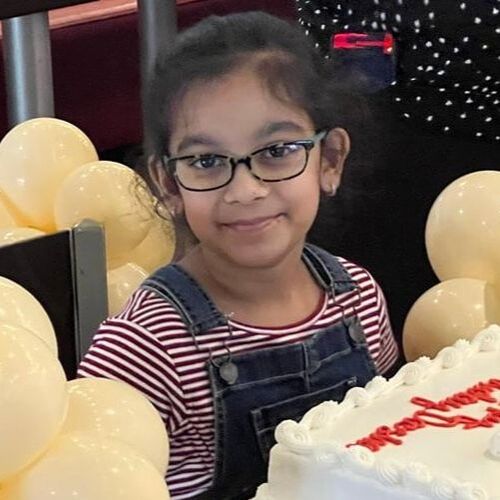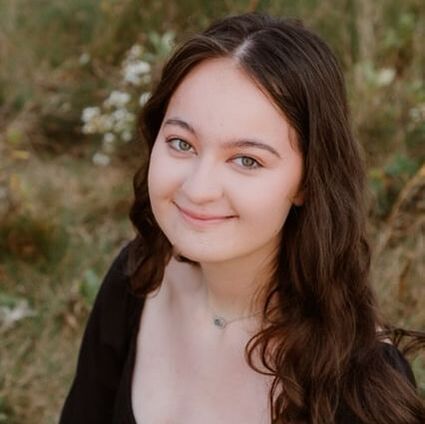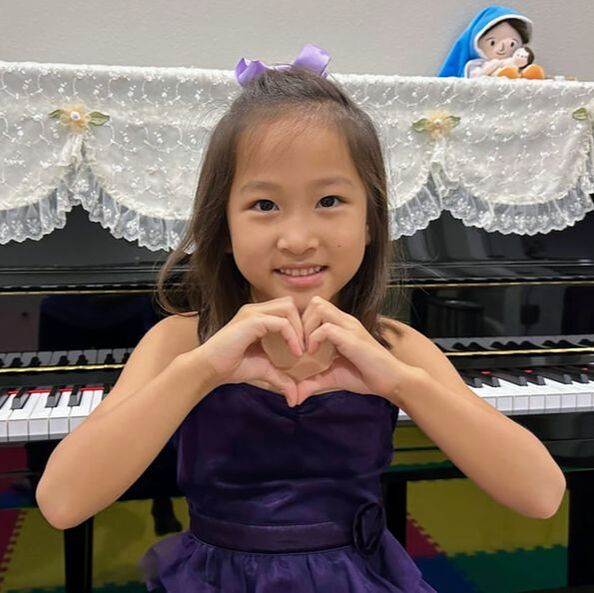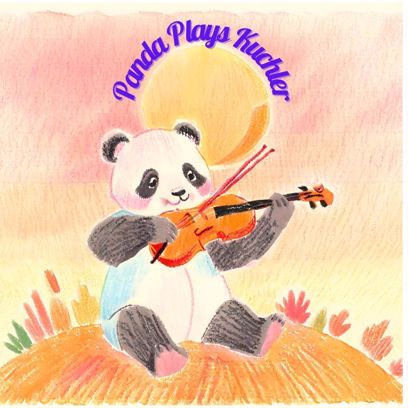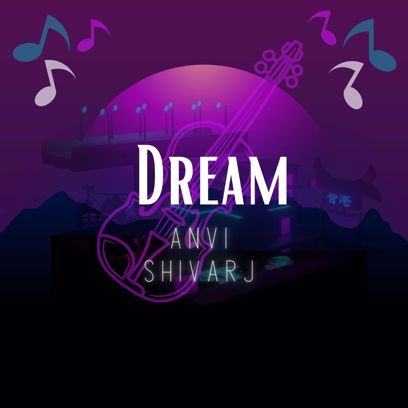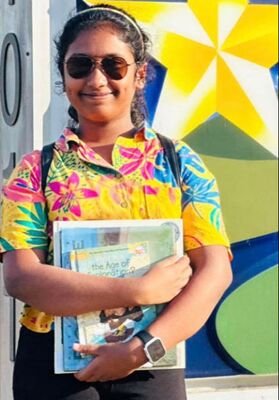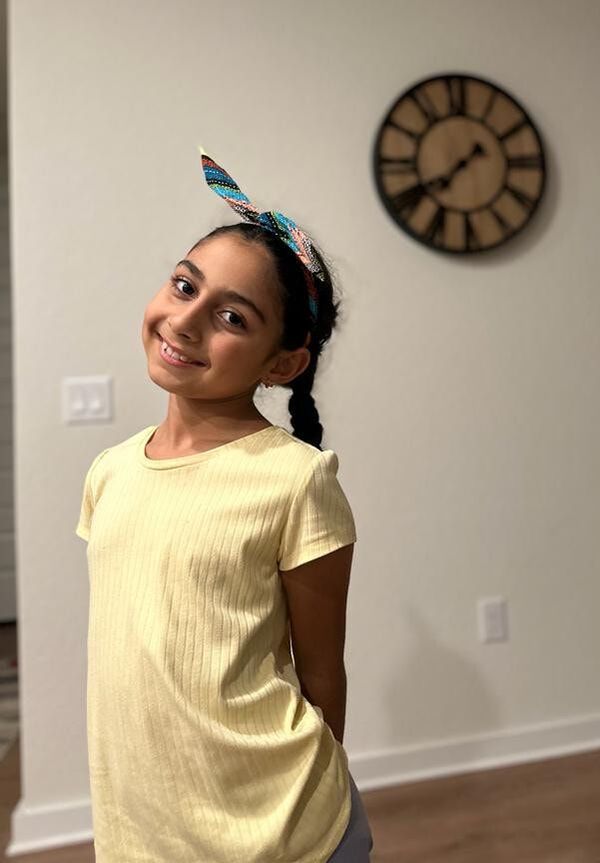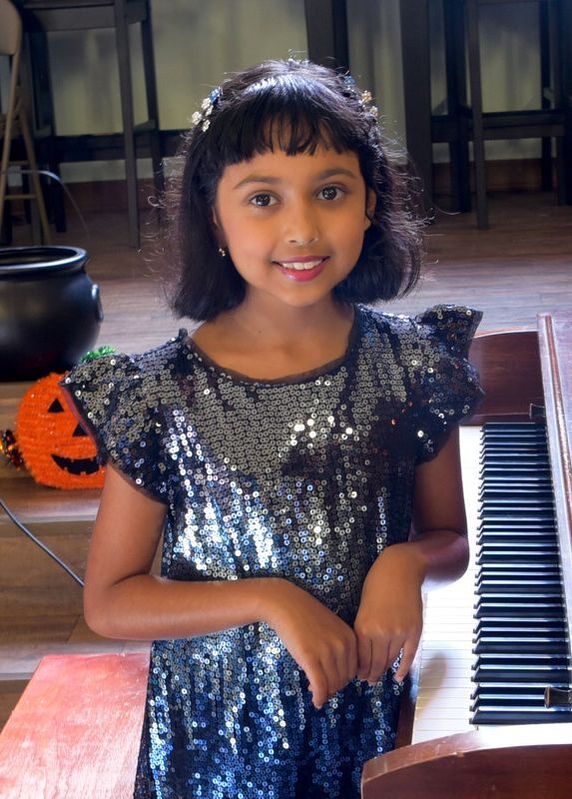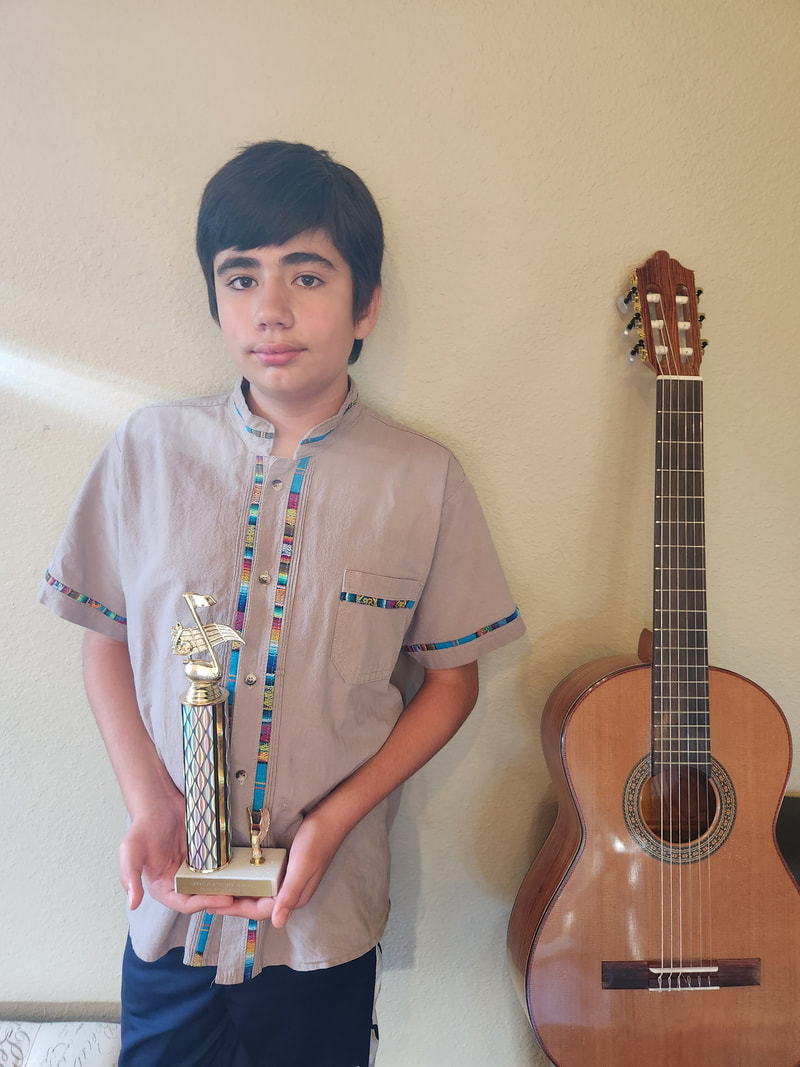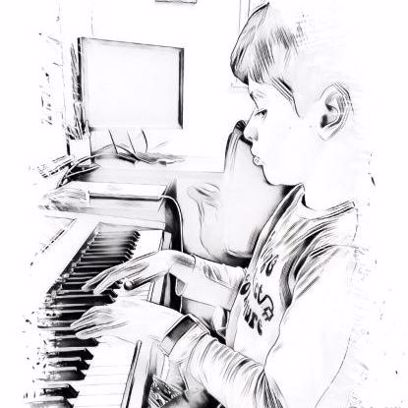|
Congratulations to Meryem on completing half of the Suzuki Violin Book 1! Keep up the great work as you move along on your musical journey! Egan M.
Navin A.
Charlotte C.
Sadie M.
Henry did a great job recording some of his favorite method book songs, as well as an arrangement of the "Jurassic Park" theme! Congrats on a great album Henry! Eleanor composed most of the songs on this album. She also wrote melodic and rhythmic ostinatos to accompany her composition and emulate the mood and characteristics of each bird she wrote about. This album is a perfect representation of her creativity and passion for music! Over the course of creating this project, Anya finished her Adventures Through Sound II method book and learned how to use her left hand to provide a harmonic support for her right hand melodies! Ethan K.
Deesha T
Mallory S.
Anna C.
Gabriel has done an awesome job playing his first multi-movement work and recording it! We spent weeks recording and making sure every note was correct and in time. Gabriel showed a lot of patience and artistry throughout the process!
Anvi did an awesome job completing her first album! She worked hard to record and perfect some of her favorite songs from her practice book. Ezhil A.
Meryem T.
Myrah K.
Marc Olivier M.
"I hope you enjoy my first album. Many thanks to my first piano teacher, Benjamin Wong, for guiding me up to this point!" |
|
Music Education Programs
|
Visit Our NW Austin Music School
|
Visit Our Cedar Park Music School
|
|
© Copyright 2022 Orpheus Academy of Music.
|
Website by Never Alone Business Services
|

